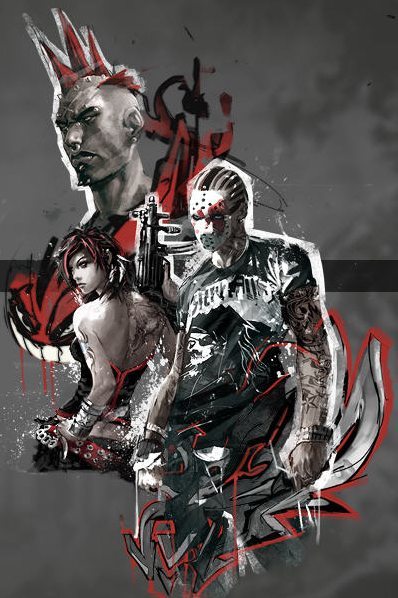A buyer may have been found for the ambitious game that was widely blamed for the collapse of Realtime Worlds, it has emerged.
Since the West Marketgait video games company folded in August, with the loss of more than 200 jobs, administrator Begbies Traynor has been trying to find a buyer for All Points Bulletin, or APB.
The massively multi-player online game (MMORPG) pitched cops against robbers in the fictional streets of San Paro, but failed to generate sufficient revenue for Realtime.
It was initially kept running while the administrator tried to sell it as a going concern but it was shut down in September. However, in a message to the game’s subscribers circulated on Friday, a note read, “It’s looking like there might be light at the end of the tunnel for APB.”
The unnamed updater added, “The end of the administration process is apparently close and there appears to be a buyer for the game.”
That message was further replicated by respected figures on micro-blogging website Twitter over the weekend, leading to last night’s widespread reports that the game could yet find a purchaser.
But a spokesman for the Realtime administrator Begbies Traynor refused to comment on Monday night.
Since the failure of Realtime Worlds, it has emerged the firm owed creditors nearly £50 million. It spent £65 million over five years developing APB, but the game received mediocre reviews and failed to sell in sufficient quantities.
The ambitious PC-only game, which relied on a subscription business model, was widely criticised as being a leap too far for the games-buying public.
Realtime’s other venture, entitled Project: My World, has already been snapped up by Kimble, a new company led by one of the Realtime’s former directors.
Figures in the gaming world consider that purchase less than £3 million is thought to have changed hands a bargain.
